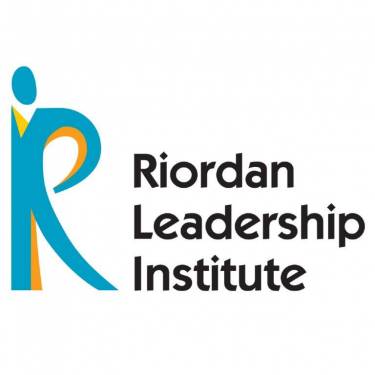By: Anthony Perez
I’ve worked as an auditor for over seven years and have specialized in working with nonprofit organizations. I’ve moved up from a staff auditor who vouched checks and invoices to a senior auditor who reviewed a multitude of contracts and grants and now to a manager presenting some of our findings from the past year’s audit to client management and audit committees. In all this time, I primarily focused on the events and transactions that occurred in the past and focused less on the nonprofit’s large-scale goals and challenges of the future. Shortly after my promotion to manager, I was strongly encouraged by my mentor to participate in the Riordan Leadership Institute (RLI), a year-long, once-a-month class that teaches its students the fundamentals of serving on a nonprofit board of directors.
Right now, I am halfway through the RLI program that ends in September. The first half of the program was primarily focused on being aware of and improving our “soft skills” – that is communication, leadership, listening and speaking styles. This will prepare us for meeting and working with other board members that come from varying backgrounds and bring many different experiences to the table. We’ve recently covered the principles of board governance and the role that the board of directors plays in steering its organization and its goals.
RLI also held its annual agency fair, which matched everyone in the class with a nonprofit organization that we will serve as a board intern for six months. I was matched with a nonprofit that loans out medical equipment to people who cannot afford it. This mission had a personal connection for me as I have known several family members that needed medical equipment in the last few years of their lives but did not have the means to acquire it themselves. Having this connection to my nonprofit’s mission has help me realize that while serving on a board is a volunteer activity, it carries with it some personal liability and expectation to contribute, and as such, it is important that board members believe in the mission of the nonprofit they are serving and feel invested in the future goals and challenges of their organization.
This realization also carried over into my work at GHJ. I recognize that while my work as an auditor may focus on the past financial performance of a company, it is important for me also to be invested in its future. I am my clients’ resource to help prepare them for challenges that may be on the horizon and making sure they are ready for whatever the future may hold. My participation in the RLI program has truly opened my eyes to how important this role really is, and I am grateful to have had this opportunity.


